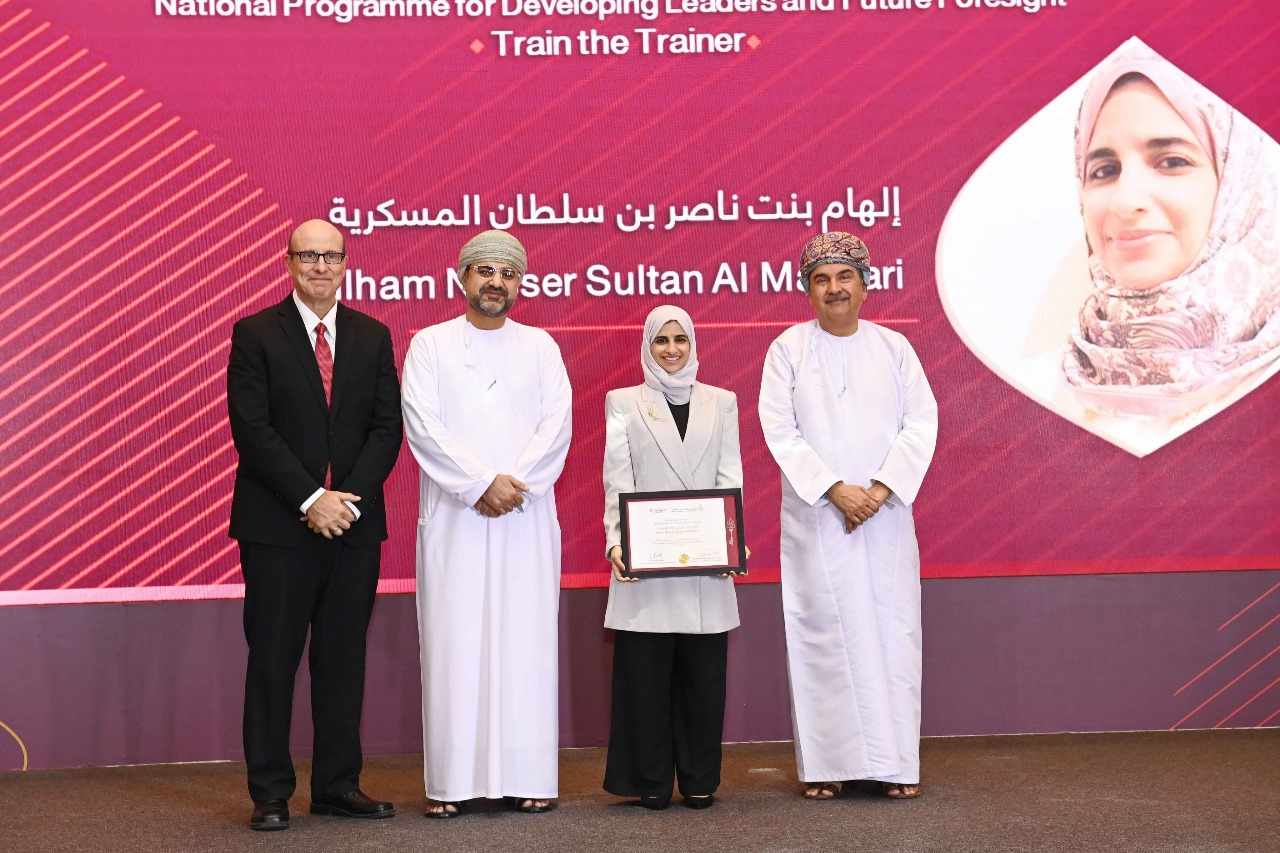A Portuguese village pays the high price of low-carbon energy
- Date: 23-Apr-2021
- Source: Euronews
- Sector:Transport
- Country:Middle East
A Portuguese village pays the high price of low-carbon energy
Nestled in a remote valley of Northern Portugal, the peaceful village of Covas do Barroso is at the centre of a conflict, pitting a mining company against the local community, which could have wider social and environmental ramifications for the European Union's energy transition towards carbon neutrality.At first sight, nothing really distinguishes this hamlet from the thousands of other villages found across Southern Europe, where a massive rural exodus has resulted in quiet empty streets that are only awakened by the occasional sound of tractors or the voices of elderly residents chatting on benches.But in the mountains surrounding Covas do Barroso lie the largest estimated deposits of lithium in Western Europe. This rare metal, used for decades in electronics, pharmaceuticals and ceramics, is now intensely sought after because of its unique properties that make it indispensable for the rechargeable batteries found in the booming industry of electric vehicles. It is also an important component of many digital devices and systems that help store the energy produced by renewables, like wind and solar.According to the European commission, Europe will need 60 times more lithium by 2050 (target year for carbon neutrality) for electric cars and energy storage alone, which is fueling























